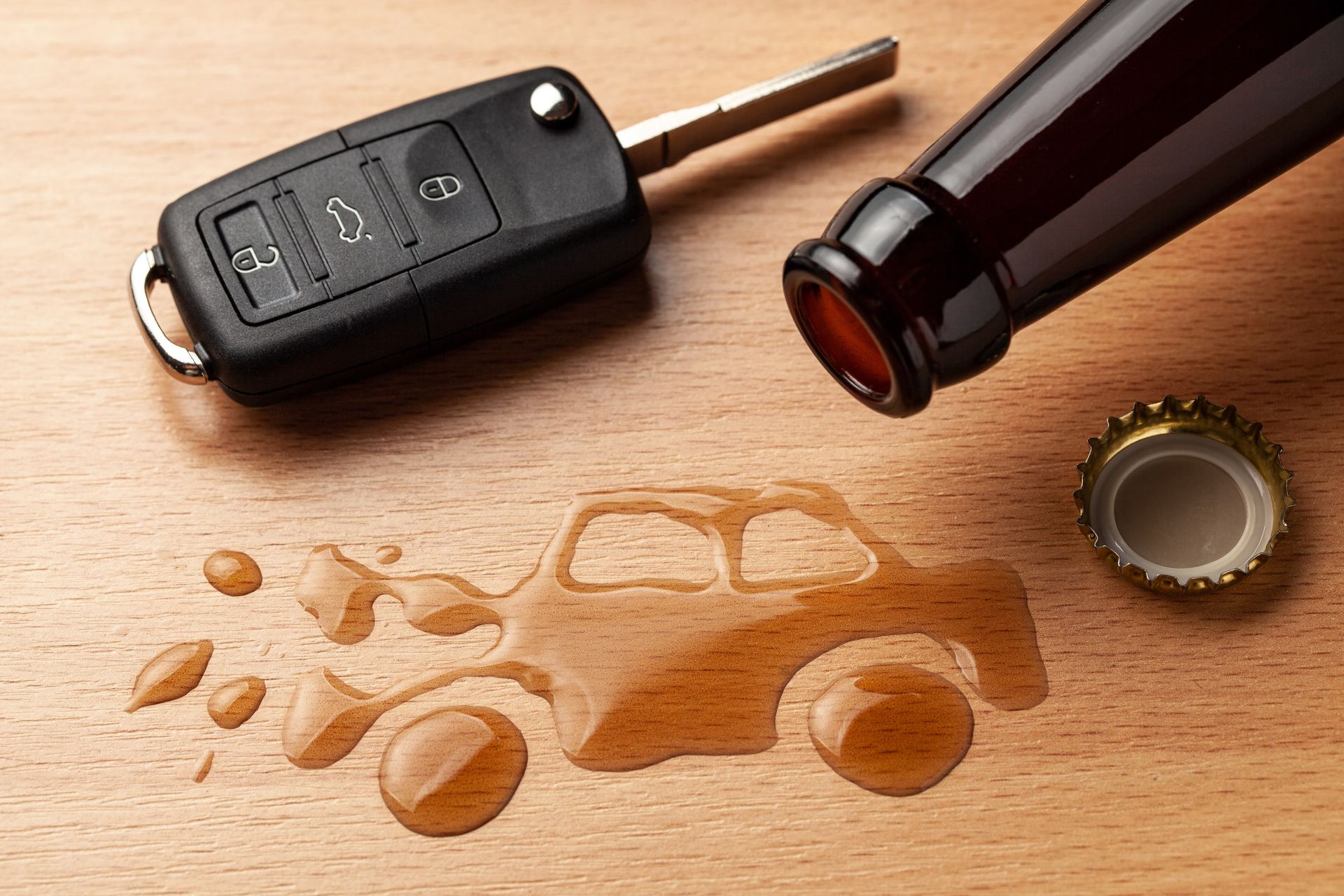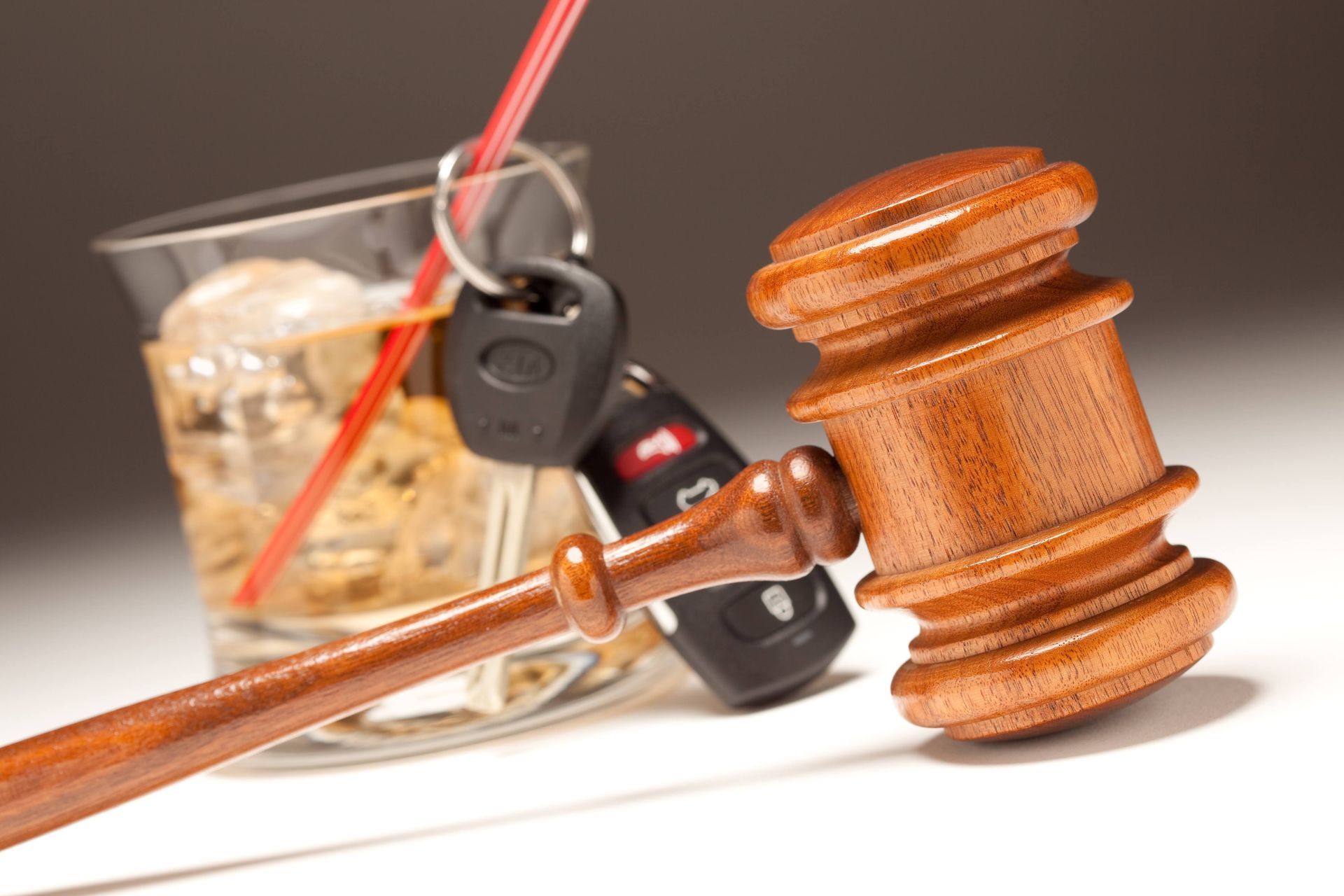Bail Bonds:Differences Between DUI and DWI Charges

Being charged with a DUI or DWI can be a serious offense with potentially severe consequences. It's important to understand the differences between the two charges and how they can impact your bail bond.
In this blog post, we will discuss the distinctions between DUI and DWI charges and how they can impact bail bonds.
DUI vs. DWI Charges
DUI and DWI are terms used to describe the act of operating a vehicle while under the influence of alcohol or drugs. The primary distinction between DUI (Driving Under the Influence) and DWI (Driving While Intoxicated) often hinges on semantics and varies from state to state. DUI refers specifically to driving under the influence of alcohol, whereas DWI denotes driving while impaired by drugs. Conversely, in other states, legal professionals and the public frequently use these terms interchangeably, blurring the lines between their definitions.
Legal Consequences
DUI and DWI offenses can lead to penalties, including monetary fines, suspension of driving privileges, and potential incarceration. The severity of the consequences often depends on factors like blood alcohol level, prior offenses, and whether any accidents or injuries occurred as a result of impaired driving. In certain legal scenarios, individuals confronted with such charges may find themselves needing to provide bail bonds as a financial guarantee to facilitate their temporary release from incarceration while awaiting their scheduled court appearance.
Impact on Bail Bonds
When facing DUI or DWI charges, individuals may need to pay bail bonds to secure their release from jail. The amount of bail required can vary depending on the severity of the charges, the offender's criminal history, and other mitigating factors. Bail bonds are typically set by a judge and must be paid in order for the individual to be released from custody. Failure to pay bail may result in extended time in jail until the court date, which can lead to disruptions in personal and professional life, impacting individuals and their families.
Seeking Legal Representation
Navigating the legal system can be daunting, especially when facing charges as serious as DUI or DWI. It is essential to seek legal representation from an experienced attorney who can help guide you through the legal process and protect your rights. An attorney can help negotiate bail amounts, build a strong defense strategy, and advocate on your behalf in court. Having a skilled attorney by your side can make a significant difference in the outcome of your case.
Additional Resources
Several helpful resources are available for more information on DUI and DWI charges, their differences, and the impact they can have on bail bonds. These include online legal guides, state-specific laws and regulations, and websites of reputable law firms specializing in criminal defense. Educating yourself on your state's specific laws and processes is essential to understand your rights and potential outcomes better. Additionally, reaching out to local legal aid organizations or speaking with individuals who have gone through similar situations can provide valuable insights and support during this difficult time.
Understanding the differences between DUI and DWI charges and their impact on bail bonds is essential for individuals facing these charges. Both offenses can result in severe legal consequences, including the need to pay bail bonds to secure release from jail. Seeking legal representation from an experienced attorney is crucial to navigating the legal system and protecting your rights. By educating yourself on the differences between DUI and DWI charges and seeking the necessary legal guidance, you can confidently navigate the legal process and work towards a favorable outcome in your case.
Don't wait until it's too late. Reach out to us to learn more about the distinctions between DUI and DWI charges, secure legal counsel, and advocate for your rights! Stay informed and stay prepared in case you or a loved one ever face these serious offenses.



















